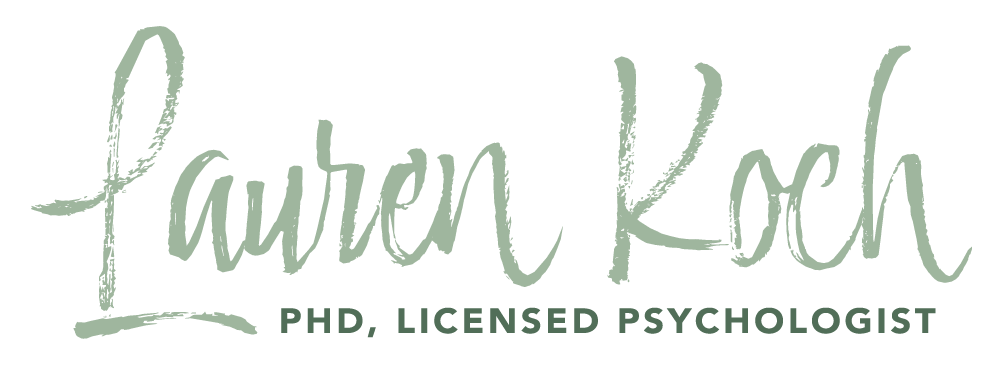Questions to Ask About Trauma Therapy Spokane
You’ve found a few trauma therapists in Spokane that seem like good fits, and some of them offer a free consultation. Great! But, what questions should you ask?
Questions to ask about trauma therapy in Spokane, Washington
Acknowledging you need trauma therapy can feel overwhelming, not to mention the actual process of finding a trauma therapist. How do you know what kind of therapy you need? How do you know if the therapist is a good fit for you?
Here are a few questions to consider asking about trauma therapy during a consultation:
What experience and training to you have in treating trauma?
Many therapists work with trauma, but some may offer specific expertise or have more extensive training than others. It can be helpful to know if a therapist has specific experience working with specific types of trauma (for example, sexual trauma, combat trauma, complex trauma, racial trauma, etc.) or if they are trained in specific trauma treatments.
What is your approach to trauma therapy?
There are several evidence-based approaches to trauma therapy. Some therapists will utilize specific modalities (PE, EMDR, Cognitive Processing Therapy, Cognitive Behavioral Therapy, etc.), which others might use a more integrative approach in which they shift treatment approaches for each person or for specific trauma types. If the trauma therapist is trained and certified in a specific trauma therapy approach, ask them about the specifics of that approach. Not every trauma therapy will feel like a good fit for you.
How long and how frequent are trauma therapy sessions?
While many therapists utilize a 45- to 60-minute “therapy hour,” some utilize longer or more frequent sessions for trauma therapy. For example, trauma therapists who utilize Prolonged Exposure Therapy (PE) or Eye Movement Desensitization and Reprocessing (EMDR) utilize 90-minute sessions to allow for more emotional processing. Some might suggest meeting with you on a twice-weekly basis, to allow for more support and quicker recovery.
How do you consider culture and diversity in trauma therapy?
Race, gender, sexual orientation, socioeconomic status, and many other aspects of identity and experience interact with our experience of trauma. Your experience of safety and threat in day to day life is intimately connected to your identities. A trauma therapist’s answer to this question can give you a good sense of how they will navigate and account for your unique experiences and values in trauma therapy.
If you are able, consult with more than one trauma therapist before making a decision. Trauma therapy will be more beneficial if you have a therapist with whom you can establish a good relationship with, using an approach that feels like a good fit for you.
A free consultation with a trauma therapist in Spokane
Dr. Lauren Koch, Licensed Psychologist Providing Trauma Therapy in Spokane, WA
I hope this helps you find trauma therapy in Spokane, WA. If you are looking for support, contact me for a free 15-minute consultation.
Looking for a particular therapy specialty? I specialize in trauma and PTSD, combat PTSD, and high achievers with anxiety.


